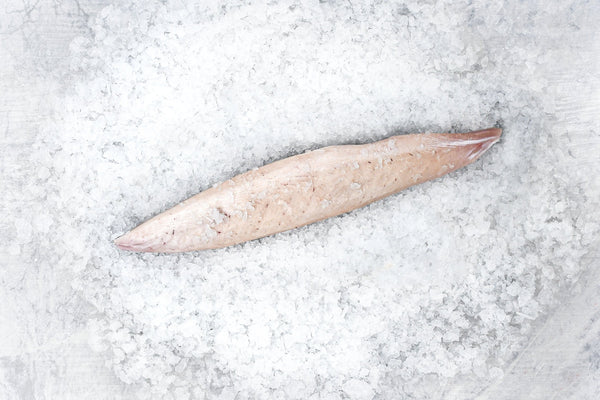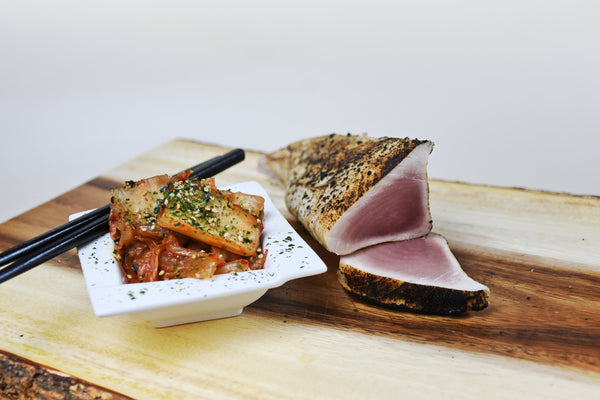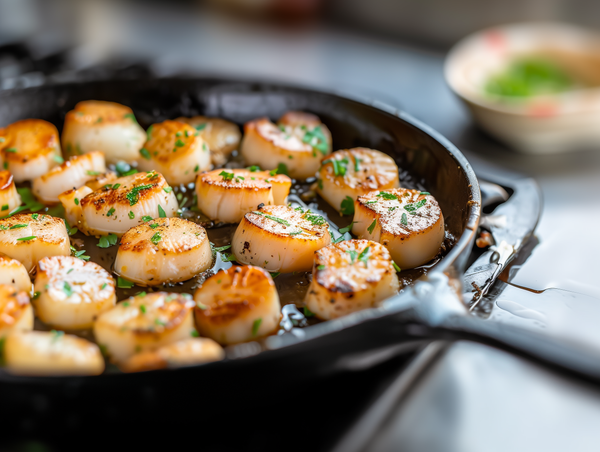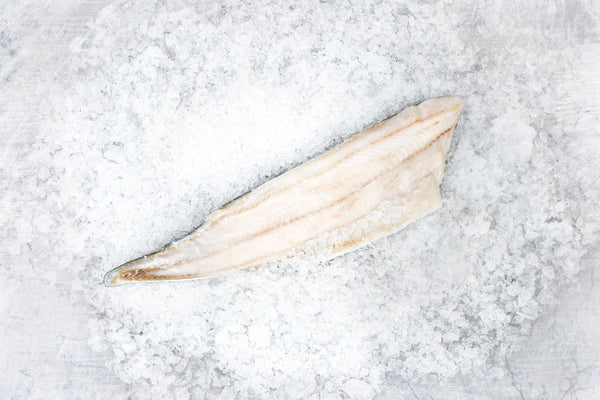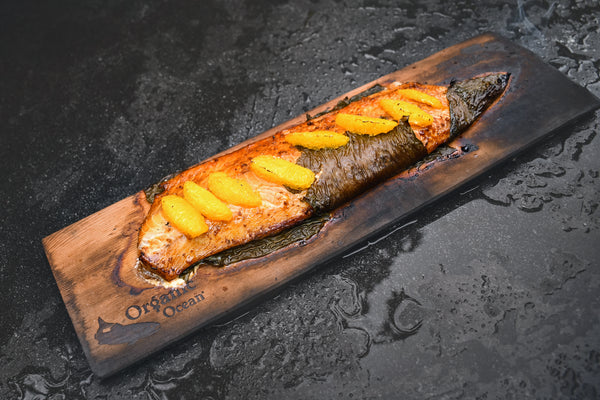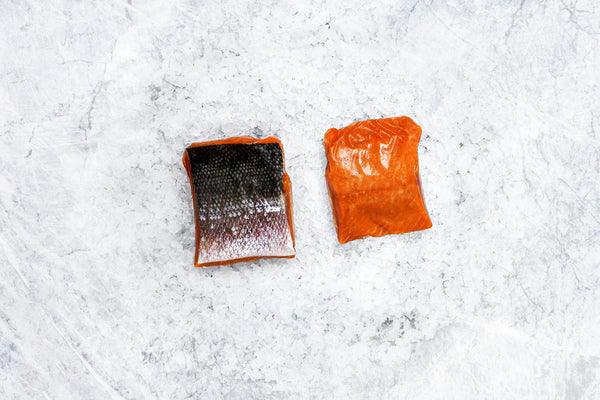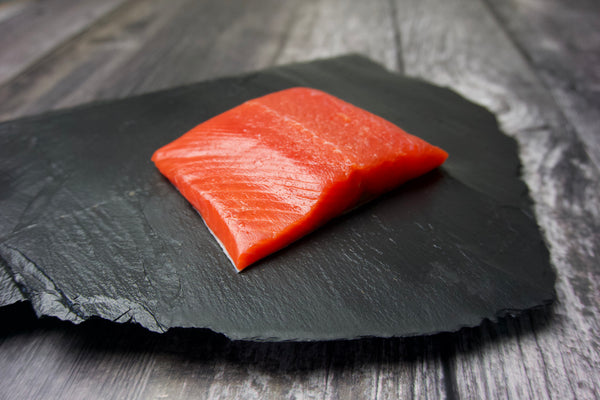Healthy Eating: Make Seafood Your Protein of Choice
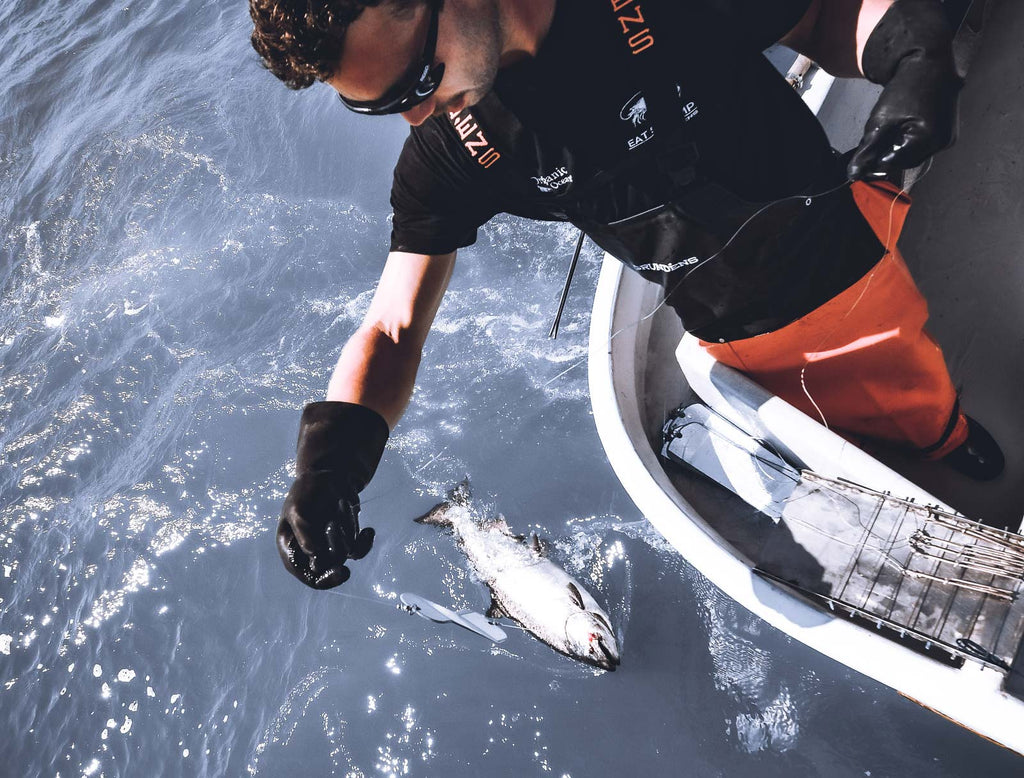
Healthy Eating: Make Seafood Your Protein of Choice
When it comes to deciding which protein you should make your go-to choice to support a healthier lifestyle, seafood certainly deserves strong consideration. Fish is an important source of protein, which is key to building and maintaining our body’s muscles, organs, and circulatory systems.
Wild-caught seafood also provides essential oils and minerals that your body needs and which you won’t find in such abundance in almost any of the other choices.
Seafood is one of the key food groups in the Mediterranean diet, much touted as the standard bearer for healthy eating.
As well, seafood has a low environmental footprint because wild fish are in a natural environment that has taken thousands of years to evolve.
Properly managed, seafood is a sustainable resource that doesn’t require fertilizers, pesticides, and antibiotics to produce a bountiful supply of food for our planet.
But all seafood is not “created” equal. Many farmed seafood products are treated with antibiotics to prevent disease in crowded pens. Others are treated during processing and packaging with chemicals to keep the fish looking fresh and appealing in the fish counter.
Seafood and a Healthy Diet
Seafood is right up there as one of the healthiest foods we can eat. Unlike red meat which is heavy in saturated fat, seafood is high in healthy unsaturated fats.
Leading the way are the Omega-3 fatty acids that are so important to our heart, brain, and body. Omega-3 fatty acids lower the risks of heart disease, lower triglyceride levels, help slow the growth of plaque in our arteries, and play a role in maintaining brain health.
Omega-3 must be sourced from what we eat as our body does not produce these fatty acids.
Seafood, especially wild caught seafood is also rich in minerals that contribute these functions among others to our bodies:
- Iodine plays a key role in the function of our thyroids;
- Iron ensures we produce enough healthy oxygen-carrying red blood cells; and
- Phosphorus is key to strong bones and teeth and to keep our blood pH within range.
Seafood is also a good source of such vitamins such as:
- B12 which is required to build red blood, nerve, and brain cells
- Niacin/vitamin B3 to help keep our skin, nervous system, and digestive systems healthy.
What Seafood is a Good Source of Important Nutrients?
Here’s a short list of the benefits different seafoods contribute to healthy eating:
Salmon: very high in Omega-3 fatty acids and Vitamin B12 and D
Tuna: high in protein, rich in omega-3 fats, and lơw in carbs
Hokkaido Scallops: good source of Omega-3, Vitamin B12, Phosphorous, Iron, Potassium
Sablefish: very high in Omega-3; and phosphorous, magnesium, potassium, most B vitamins
Halibut: high in Omega-3, niacin, selenium, and magnesium
Lingcod: excellent source of lean protein and good fat
All Seafood Isn’t Equal: Quality Matters
There are many factors that come into play when it comes to the quality of the seafood that we have available to purchase. Let’s look at some of these:
Fresh vs Frozen: How old is that “fresh fish”?
Even when seafood is “in season” many days can pass from the time it is caught, processed on shore, and delivered to your seafood market. When out of season, previously caught fish is frozen, again many days after it was caught. Organic Ocean is committed to delivering premium quality fish which means processing at sea, flash-freezing it the same day so that the freshness, nutrients and flavour are locked in. For more information on Organic Ocean’s unique approach to delivering premium seafood check out our blog Is Fresh Fish Better than Frozen.
Is That Fish Additive Free?
Great seafood is available that doesn’t contain additives to maintain the appearance of the fish or the tenderness of seafood. Organic Ocean is often asked why it doesn’t offer Ahi tuna. The reason comes down to our commitment to seafood free of chemicals and additives. The Ahi tuna you’ll find at a reasonable price at the fish counter has been treated with carbon monoxide (labelled as “tasteless smoke” if ingredients are provided or requested).
Carbon monoxide is an additive used to prevent oxidation and in the case of Ahi tuna preserve its red colour (otherwise it would turn brown). A side effect is this additive also masks spoilage that is typically noticeable because of a change in colour.
How Has That Seafood Been Processed?
Organic Ocean is committed to processing the seafood it offers in a way that maintains the quality, freshness and taste of the product without the use of chemicals. For example, we didn’t offer squid until we could offer a product that had been tenderised mechanically rather than chemically as is unfortunately the way most squid has been processed. Our seafood is processed by ourselves or partners who share our commitment to quality.
Are You Getting What You Think You Are?
A large percentage (approximately 74%) of the seafood in grocery store counters has been imported and only a small percentage of that is inspected for “fish fraud”. One recent study showed Canada had the dubious honour of being one of the leading countries where seafood in stores and restaurants was mislabeled (typically a cheaper seafood being sold as a more expensive one). Read more on our blog Five Reasons Why You Should Skip The Grocery-store Fish Counter.
Where Has That Fish Been Caught?
Surprisingly where a fish has been caught can make a huge difference in its taste and its quality. The level of Omega-3 fatty acids in seafood is dependent on the location where it is caught, and the processing required to deliver it to you as fillets or portions.
Most of our fish is caught on the West Coast where we are blessed with waters that are clean and are home to one of the world's great fisheries. Even so, we are particular on where on the West Coast we fish so we deliver the premium wild caught seafood products that meet our high standards.
Our Fraser River Troll-Caught Salmon, for example, comes from one of the best salmon fisheries in the world and is much sought after by premium restaurants. Our “standard” Sockeye Salmon is anything but “standard”, is prized for sushi and sashimi, and is caught in one of the prime river fisheries on the coast.
Conclusion
In conclusion, seafood is a healthy protein choice that provides essential oils, minerals, and vitamins that are vital for maintaining a healthy body. With the variety of seafood available from many sources, choosing wild-caught, sustainably sourced seafood from Organic Ocean is your assurance that the seafood you’re eating is free of additives and chemicals.
With the added convenience of buying seafood online and having it delivered directly to your door, you can easily incorporate seafood into your diet for a healthier lifestyle. With a wide choice of seafood, including salmon, sablefish, halibut, scallops, and albacore tuna, you’ll also enjoy the wide variety of flavours that seafood also offers.

